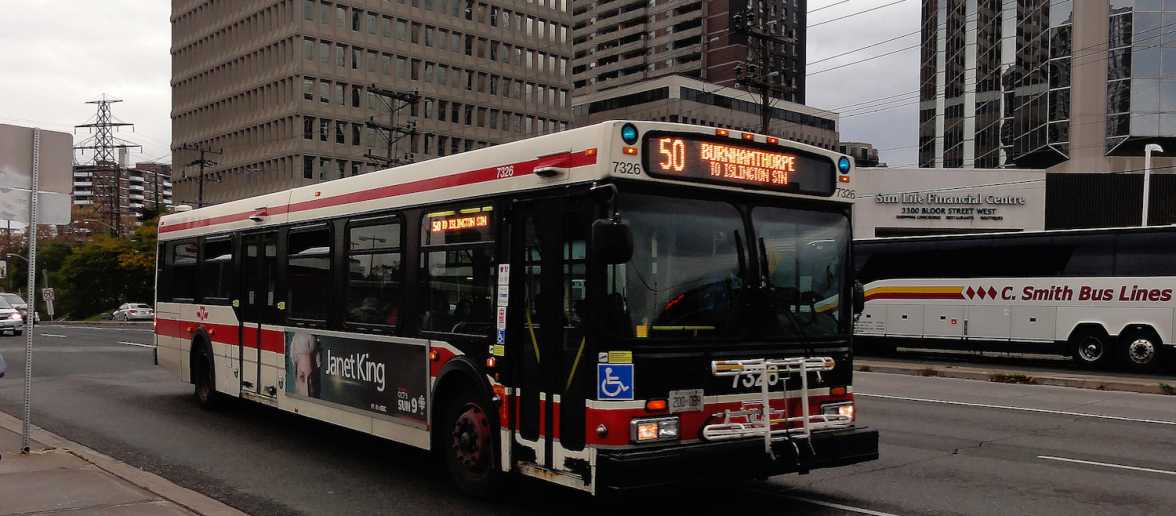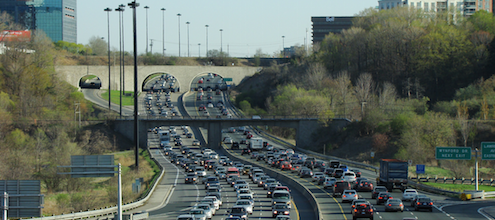
It’s Time We Talked About the Human Costs of Congestion
by Kevin Vuong
When the cost of congestion is discussed, the emphasis has been on the economic cost and the loss of productivity because, quite frankly, it’s easier to quantify.
Yes, congestion hinders mobility in the physical sense of getting from one place to another, and there has been extensive research into the consequences for our economy, but what about the human cost?
Think about all that time we spend stuck in traffic. The more time you spend stuck in traffic, the less time you get to spend with your loved ones. Congestion is costing us time with our friends and family, while adding undue stress to our already stressful lives. This all in an era where more and more people are dealing with mental health issues than before.
Gridlock is also a barrier to accessing social services, community recreation, and more. It’s getting in the way – literally! – and making the journey longer for everyone, but particularly for those of us who need these services the most.
Low-income families have the hardest time getting access to critical services, including healthcare, often because they are either too far away or do not have the means to get there. Add to this congestion and it’s no wonder that the prosperity gap continues to widen.
Another vulnerable group – youth
In an economic environment that is seeing record levels of youth unemployment (15% in Ontario), congestion is making it harder for young people to access jobs. It makes it more difficult for youth to get to where the jobs are and cuts them off from good, desirable jobs, or the job market altogether.
With research showing that the annual fiscal and social burden for each unemployed youth is $51,330 and a long-lasting impact of unemployment at a young age estimated to cost Canada to the tune of 1.3% of our GDP – or about $23.8 billion – in 18 years, we can ill afford to add yet another barrier for young Canadians looking to enter the labour force.
For those who do have jobs, congestion is making it harder for them to get to and from it. Every minute they spend stuck in traffic is one less minute they can spend giving back to the community, taking part in personal or professional development, or simply unwinding from a long day of work.
The prosperity gap
In Toronto, one in five adults are living in poverty. 25% of children 14 and under are living in poverty. This is unacceptable.
Think of all the barriers we face in our daily lives commuting. Now, put yourself in the shoes of the one in five who are living in poverty. You are most likely living further out in the city because it’s expensive to live downtown, but that means you have to commute for longer and further distances.
What if you work multiple jobs to try and make ends meet and get caught in traffic, making you late for work? How many times can your boss give you a pass? Despite how much he or she may empathize with you, they still have a business to run and customers to serve. I have heard this story and similar accounts one too many times.
Congestion has a disproportionate impact on our most vulnerable. It is contributing to poverty, and it is about time that we start talking about the hidden human costs of congestion that have been rarely discussed. Furthermore, pricing congestion can help our most vulnerable by providing a much-needed revenue stream to fund much-needed public transit and road infrastructure.
Pricing congestion provides more choices to commuters who can choose to pay to take the HOT lane or, better yet, they can buddy up with a co-worker and use the HOT lanes for free. It encourages drivers to take public transit, taking even more cars off the road. Most importantly, it helps those who cannot afford to lose precious time stuck in traffic by helping them to get to their destination sooner.
Congestion pricing can and will get the GTHA moving again and I, for one, am excited.
About the Author
Kevin Vuong is the Head of Municipal Partnerships at Magnet, and Co-Chair of Toronto Youth Equity Strategy. Kevin will be a panel member on our upcoming event Pricing Congestion in the GTHA on November 3rd.




Comments are closed.